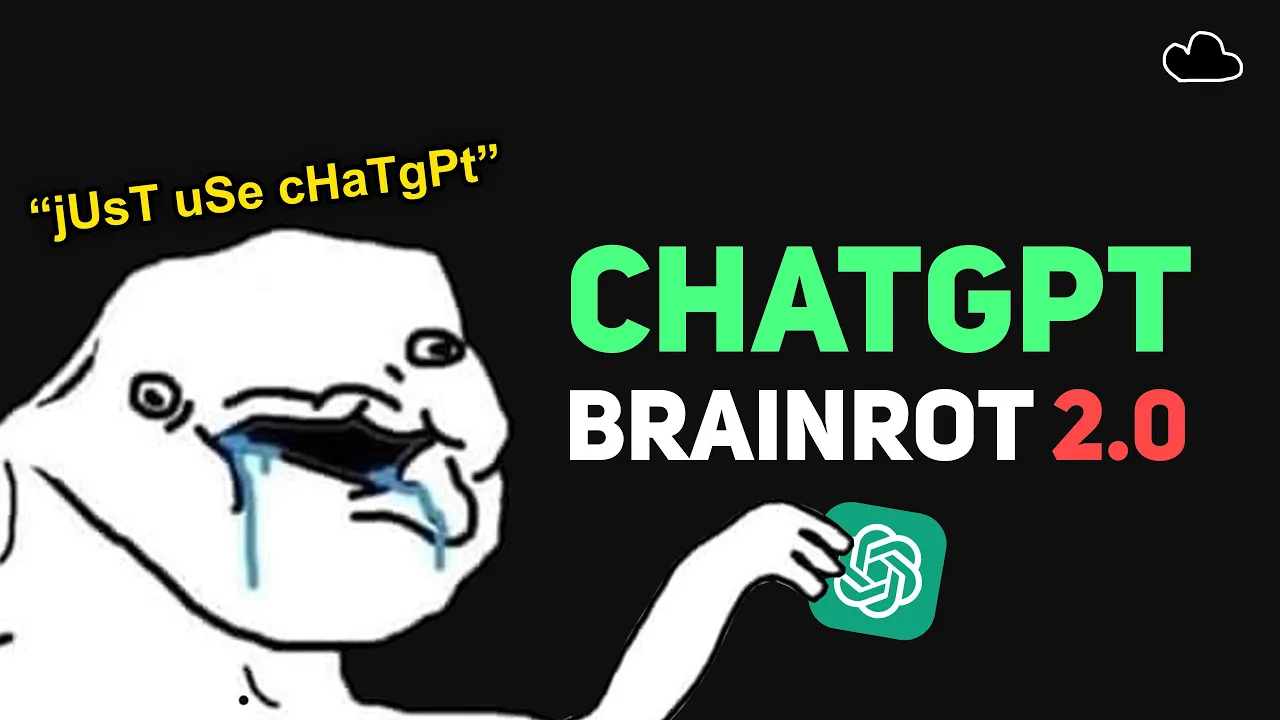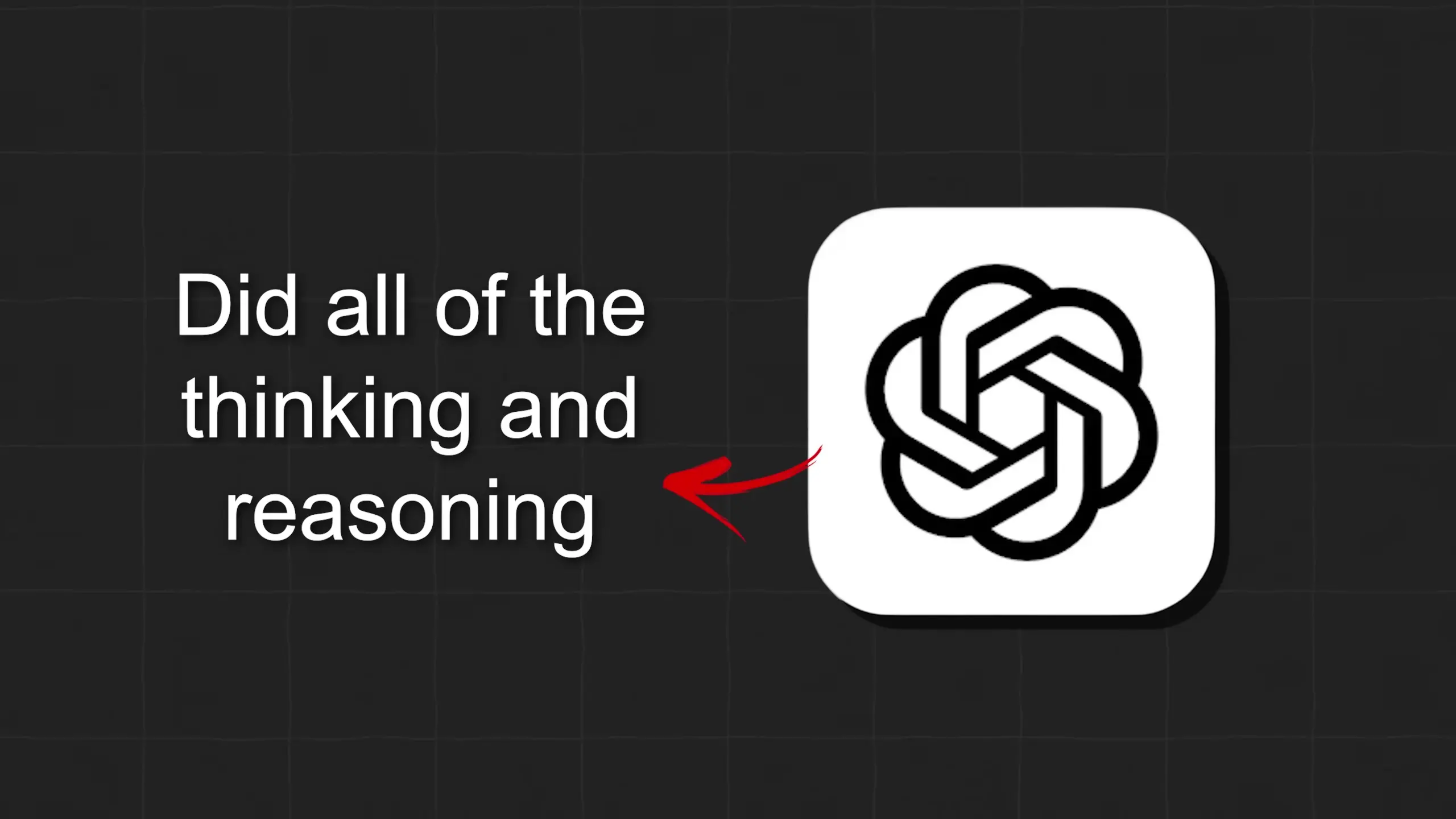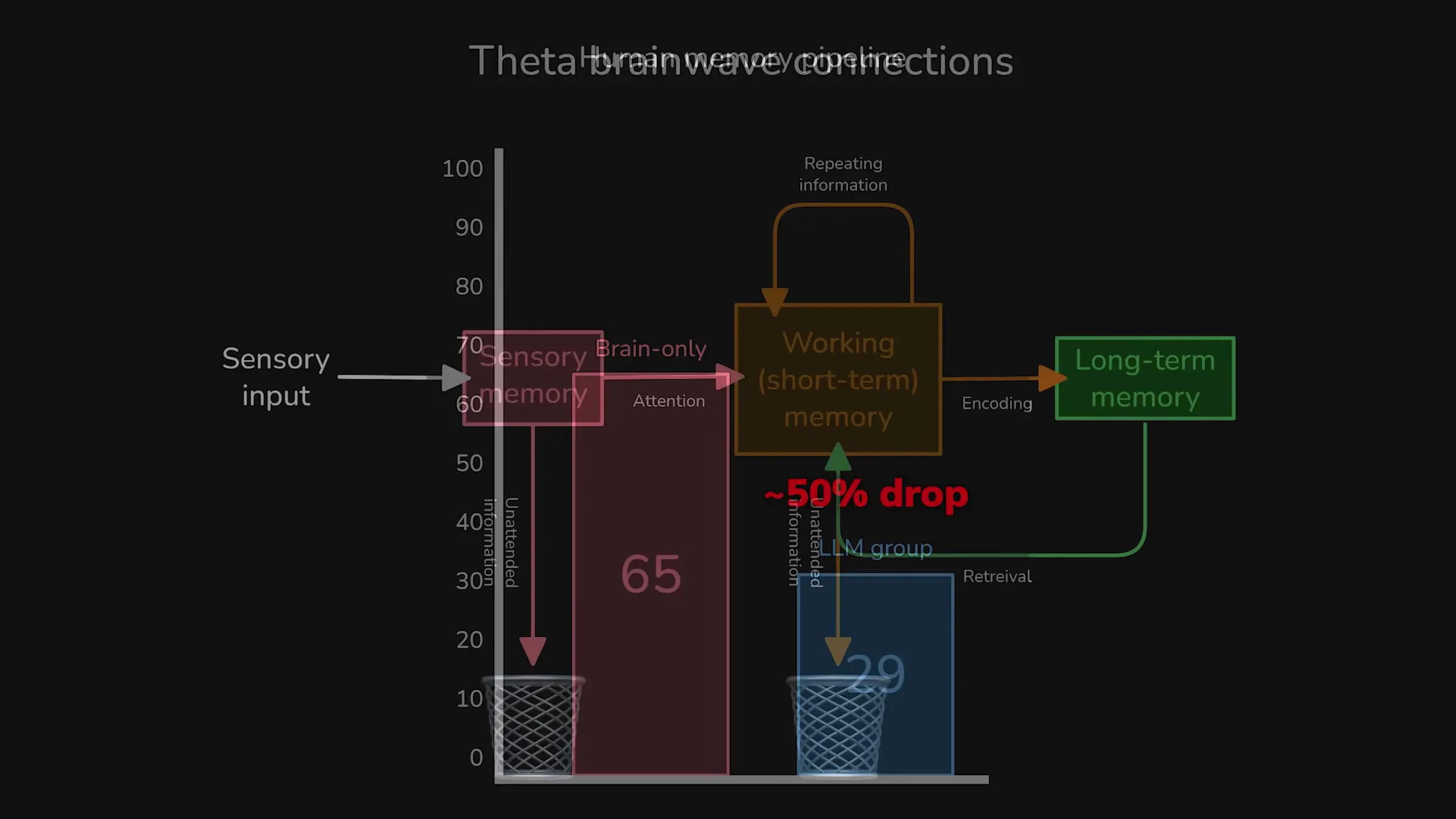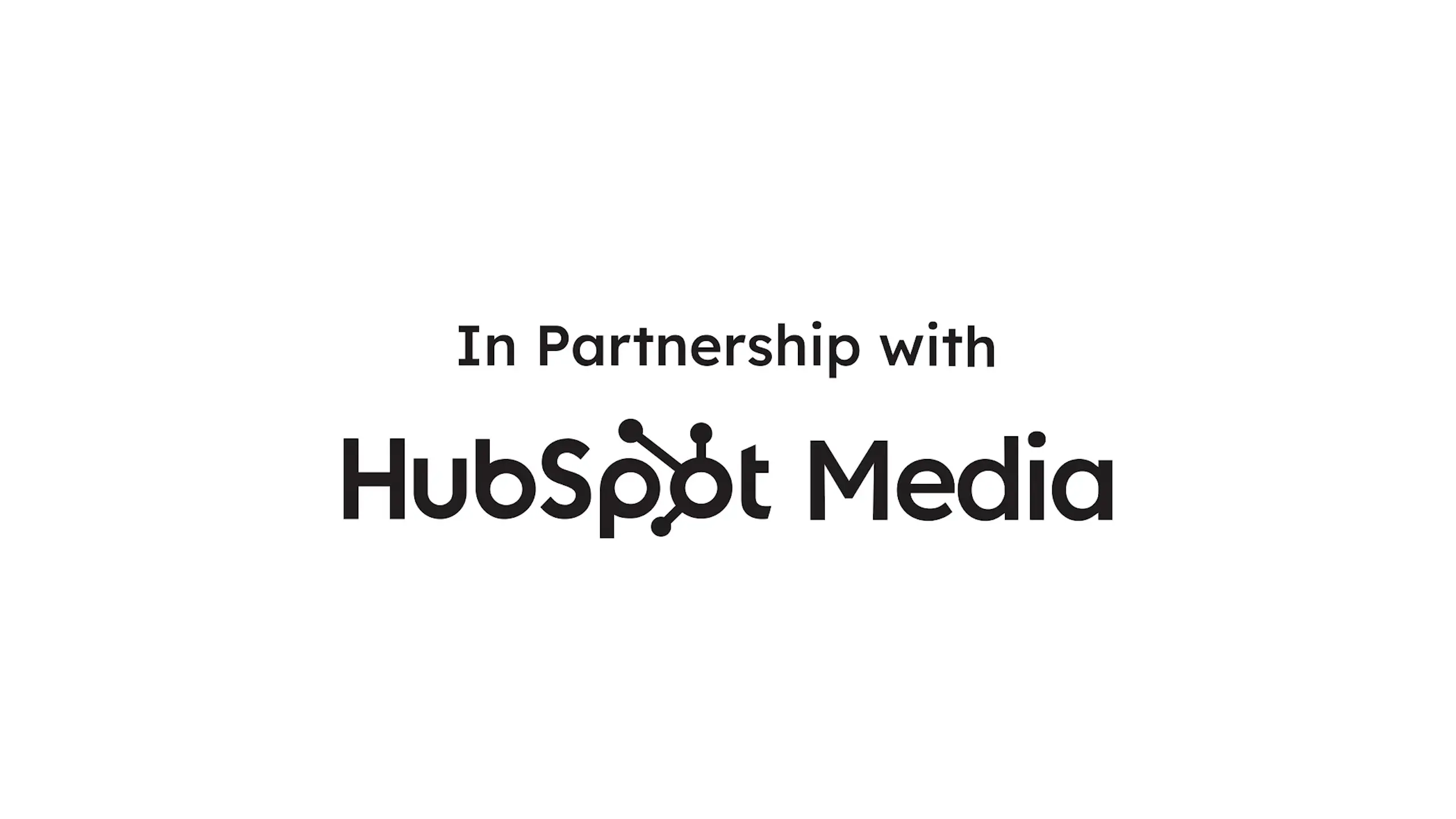
As AI tools like ChatGPT become increasingly integrated into our daily workflows, many developers and professionals wonder: is ChatGPT any good for serious work? A recent MIT study provides some sobering insights into how these powerful AI assistants might be affecting our cognitive abilities.
The Cognitive Debt Phenomenon
MIT researchers have identified what they call "cognitive debt" - a phenomenon that occurs when we offload complex thinking processes to AI tools like ChatGPT. Similar to technical debt in software development, cognitive debt represents the long-term cost of making quick but potentially harmful choices that sacrifice future performance for immediate convenience.
The study revealed a startling statistic: 83.3% of ChatGPT users couldn't quote the exact sentence they had written just 3 minutes earlier. In contrast, only 2 out of 18 people who wrote essays without AI assistance had the same difficulty. This stark difference highlights a significant impact on memory formation and retention when using AI writing tools.

What Happens to Your Brain When Using ChatGPT?
The MIT study went beyond simple memory tests by measuring actual brain activity using electroencephalogram (EEG) technology. The results were concerning for developers and professionals who rely heavily on AI tools:
- 47% drop in alpha band connections, primarily affecting frontal-parietal pathways that coordinate information flow between planning and monitoring parts of the brain
- Over 50% reduction in theta connectivity, which is crucial for strong memory formation
- Decreased quality and stylistic diversity in the written output, despite AI assistance
These findings suggest that when we use ChatGPT for tasks like writing code or documentation, our brains may not be forming the neural connections necessary for deep understanding and retention. This raises important questions about the limitations of ChatGPT for web development and other cognitively demanding tasks.

The Lasting Impact: Does ChatGPT Make You "Dumber"?
Perhaps the most concerning finding was what happened when ChatGPT was taken away from users who had relied on it. Rather than bouncing back to normal cognitive function, their frontal-parietal alpha wave efficiency got even worse, dropping another 5.5% below their previous baseline. This suggests a kind of "withdrawal effect" that persisted even after a one-week break.
However, the study also revealed an intriguing counterpoint: participants who first practiced writing without AI and then later gained access to ChatGPT showed a 51% increase in frontal-parietal alpha connectivity - the strongest performance observed in any session. Their memory recall remained strong as well, with 8 of 9 students able to quote at least one full sentence from their AI-assisted essays.
Best Practices for Using ChatGPT in Development
These findings suggest that ChatGPT 4 for web development and other technical tasks can be valuable when used appropriately. Rather than seeing the limitations of ChatGPT as a reason to avoid it entirely, developers should consider adopting a strategic approach:
- Build foundational skills first: Master core concepts through traditional learning before relying on AI assistance
- Use ChatGPT as an amplifier, not a substitute: After developing your own understanding, leverage AI to enhance productivity
- Practice active engagement: Don't passively accept AI outputs; critically evaluate, modify, and learn from them
- Take regular "AI breaks": Schedule periods of working without AI assistance to maintain cognitive abilities
- Implement the "write first, check later" approach: Draft your code or content before using ChatGPT to refine it
For developers wondering what ChatGPT is for in their workflow, this research suggests it works best as an enhancement tool after you've already developed strong fundamentals. Using it this way can actually strengthen cognitive connections rather than weaken them.

Study Limitations and Considerations
While the MIT findings are concerning, it's important to note some limitations of the study:
- Small sample size (54 participants initially, reduced to smaller groups for follow-up tests)
- Focus only on essay writing (coding, design, and problem-solving might engage different brain circuits)
- Short-term observations (long-term effects remain unclear)
The researchers themselves cautioned against oversimplifying their findings, noting that ChatGPT isn't necessarily making people "dumber" - it's how we use the tool that determines its impact.
Conclusion: Is ChatGPT Any Good for Developers?
So, is ChatGPT any good? The answer is nuanced. For experienced developers who have already built strong cognitive frameworks in their domain, ChatGPT can be an excellent productivity enhancer. However, for those still developing foundational skills, over-reliance on AI tools may create significant cognitive debt that hampers learning and retention.
The key takeaway is that ChatGPT and similar AI tools are double-edged swords. They can dramatically improve efficiency in the short term, but potentially at the cost of deeper understanding and cognitive development if used as a substitute rather than a supplement for human thinking.
As we continue to integrate these powerful tools into our development workflows, being mindful of these cognitive effects will help us maximize the benefits while minimizing the potential drawbacks. The most effective approach appears to be building strong foundations first, then leveraging AI as an amplifier rather than a replacement for human cognition.
Let's Watch!
Is ChatGPT Any Good? MIT Study Reveals Surprising Brain Effects
Ready to enhance your neural network?
Access our quantum knowledge cores and upgrade your programming abilities.
Initialize Training Sequence